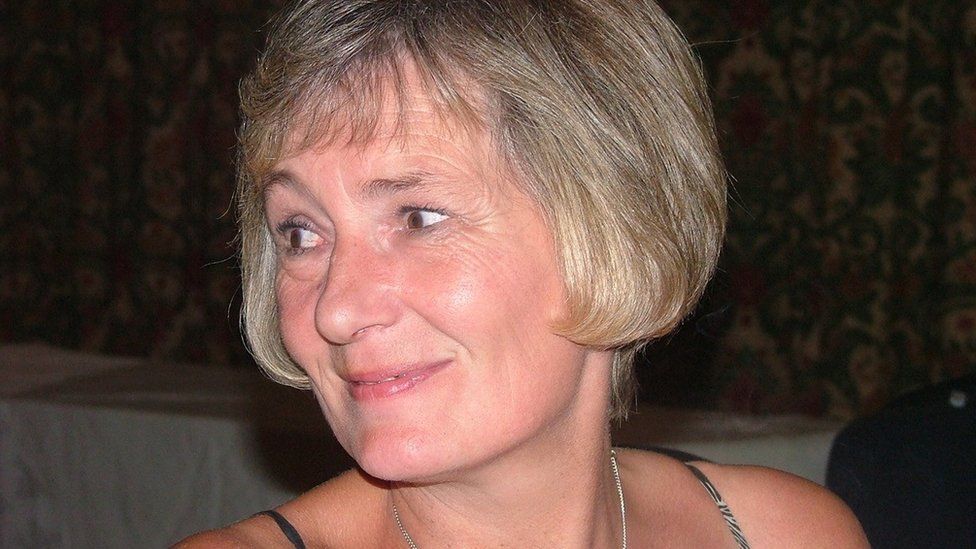ARTICLE AD BOX
 Image source, Laura Christie
Image source, Laura Christie
Isobel Florence died within six months of her diagnosis
By Louise Cowie
BBC Scotland
Isobel Florence died just six months after being told she had a rare cancer.
The vulval cancer which claimed the life of the 71-year-old from Aberdeen is only diagnosed in just over 100 women in Scotland every year.
Her daughter Laura Christie is now determined to raise awareness.
"Nobody likes speaking about their nether regions do they, let alone having to go to a doctor and show them, but don't be embarrassed if you see any changes you've got to go," she said.
Mrs Florence had symptoms which included itching and bleeding and underwent test after test.
She was told she had vulval cancer in January and died in July.
Her daughter fears a lack of information and possible embarrassment is putting women's lives at risk.
There have been high-profile campaigns to raise awareness of both cervical and ovarian cancer but vulval cancer is rarely spoken about.
Now Mrs Christie is urging women to get themselves checked out if they have any concerns.
Laura Christie does not want women to be embarrassed
"She was itchy, she was bleeding, and she had a small kind of like wart, a lump, seen the doctors, been to A&E, and everyone kind of dismissed it as nothing much to worry about," she said.
Her symptoms worsened and she was admitted to hospital.
"The word that kept being used was unknown, it's unknown, no-one really knew for sure what it was, she had so many scans, and they were all having to consult with other teams throughout the UK," Mrs Christie explained.
After weeks of tests, Mrs Florence was diagnosed with vulval cancer.
Consultant gynaecological oncologist Adeola Olaitan said there needs to be more awareness among the medical community.
"GPs don't see vulval cancer very often so they may not consider it," she told BBC Scotland.
"I mean, for example, ovarian cancer is much more common and the average GP sees one case every five years so it's not surprising that it's not perhaps top of people's differential diagnosis.
"But I think that illustrates the importance of raising awareness so that people know not to ignore any vulval symptoms.
"I always say if a woman presents with new vulval symptoms look at the area I don't think there is any room for guessing here and if anything looks unusual the key to diagnosis is a biopsy."
Image source, Laura Christie
Image caption,Isobel Florence passed away in July
Mrs Christie said her mother wanted to live and described her experience as "horrific".
"More needs to be done, if the doctors knew more about it, you just don't know what the outcome would have been, could have been better, treatment could have started quicker, she wouldn't have been suffering for as long, that's for sure."
She is now raising money to boost awareness of vulval cancer.
"I wouldn't like any other family to go through what my mum went through," she said.

 2 years ago
43
2 years ago
43








 English (US) ·
English (US) ·